Dayglow Plays M3F
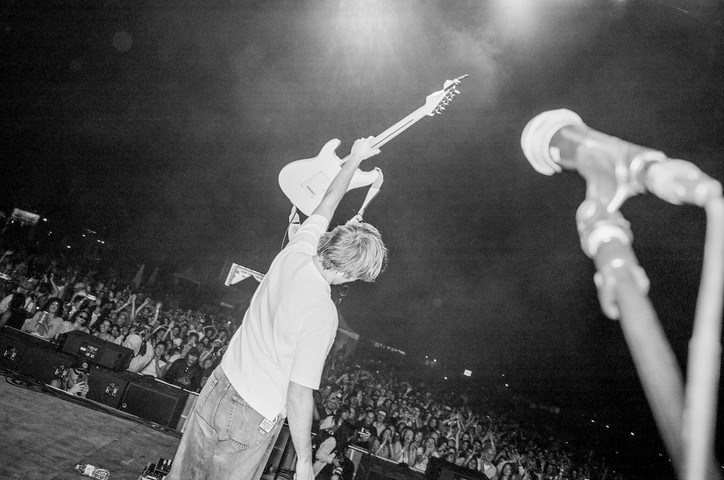
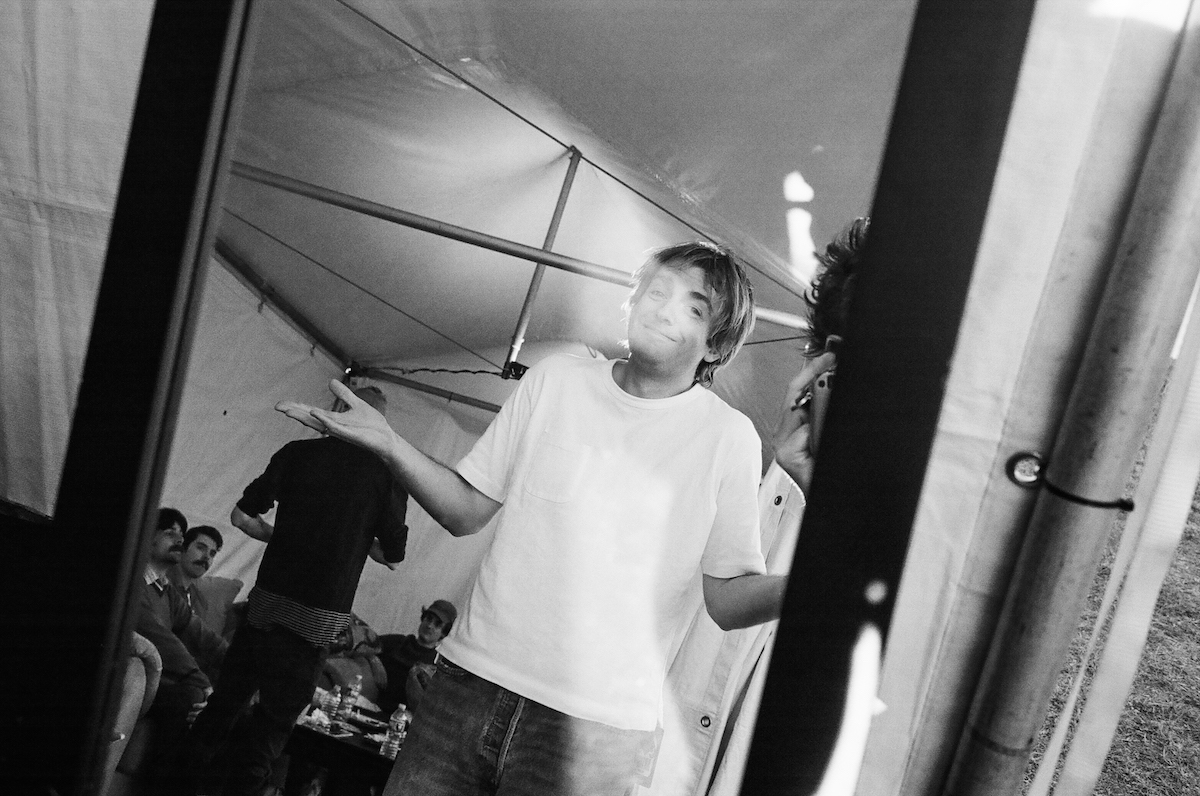
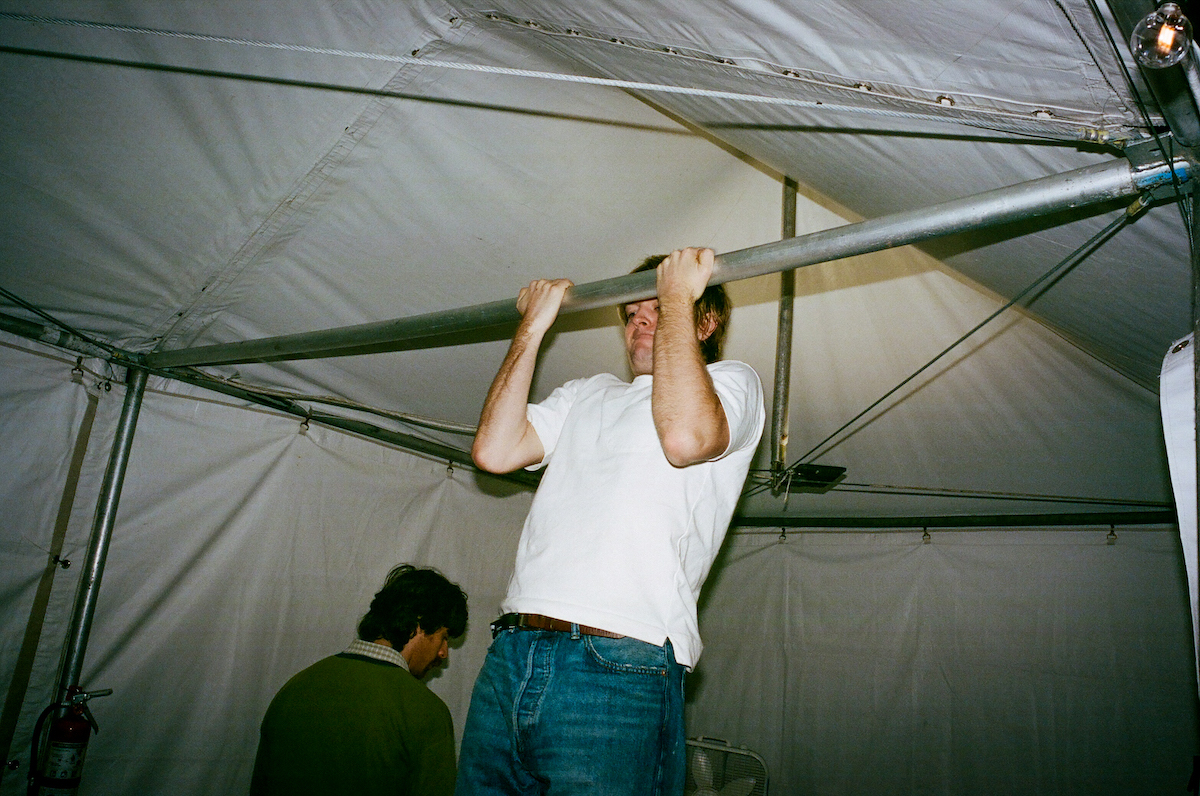
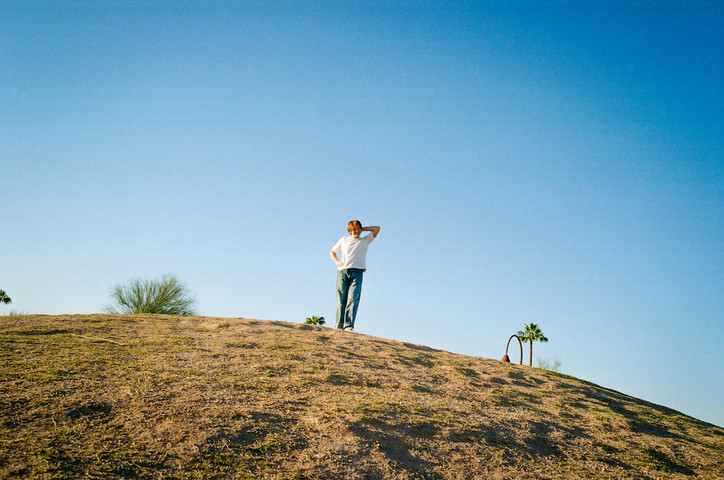
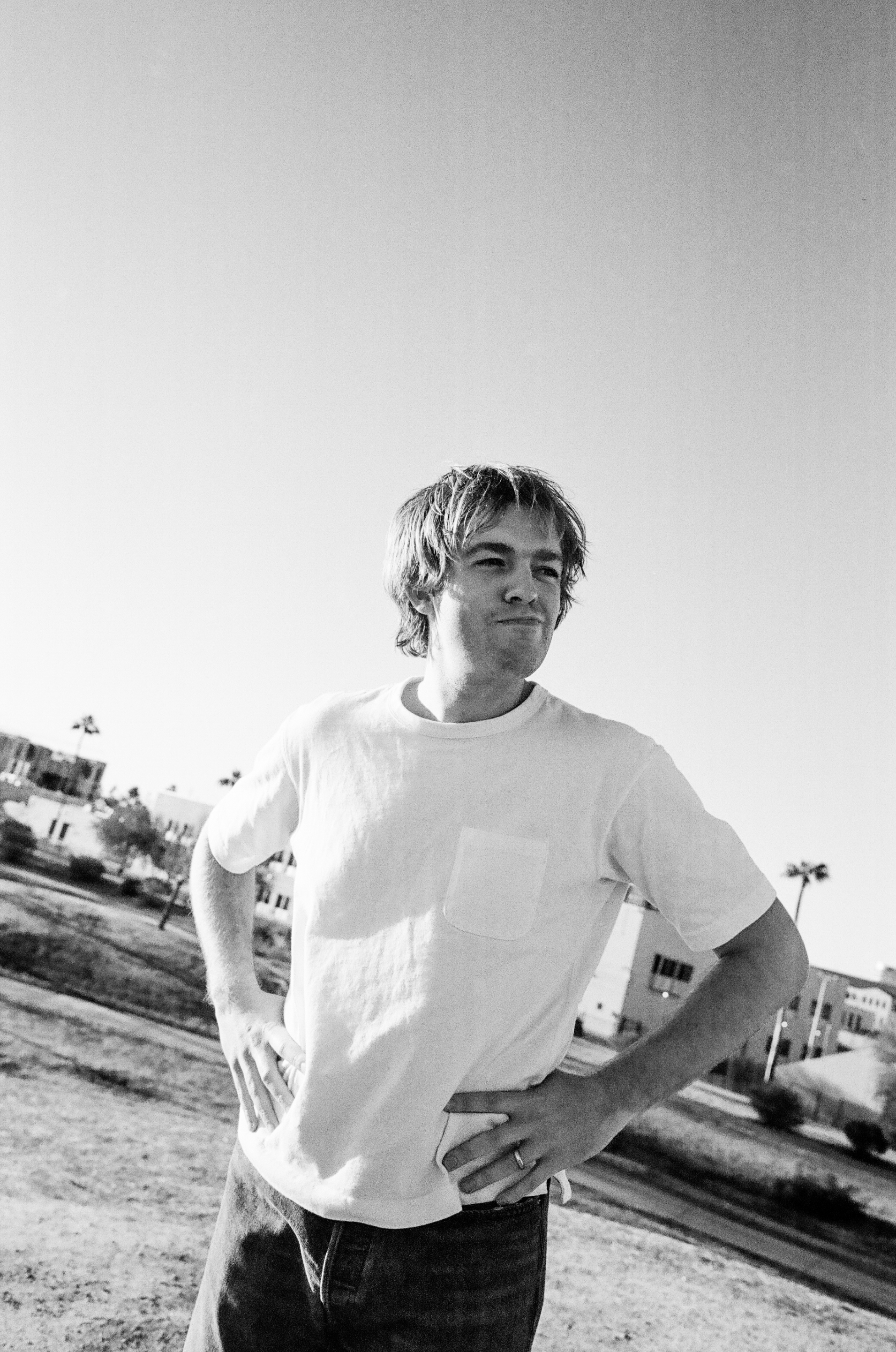
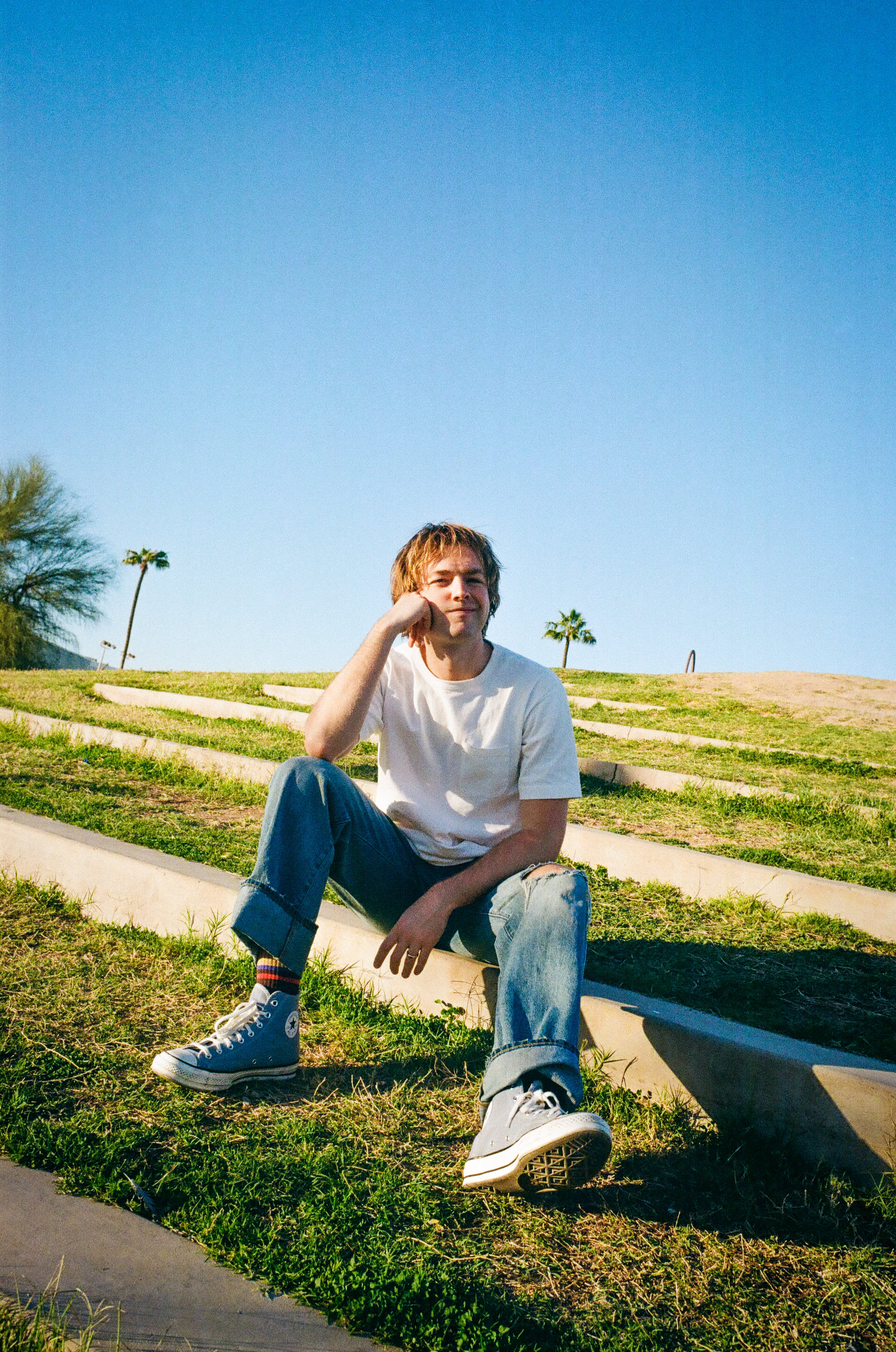
Stay informed on our latest news!






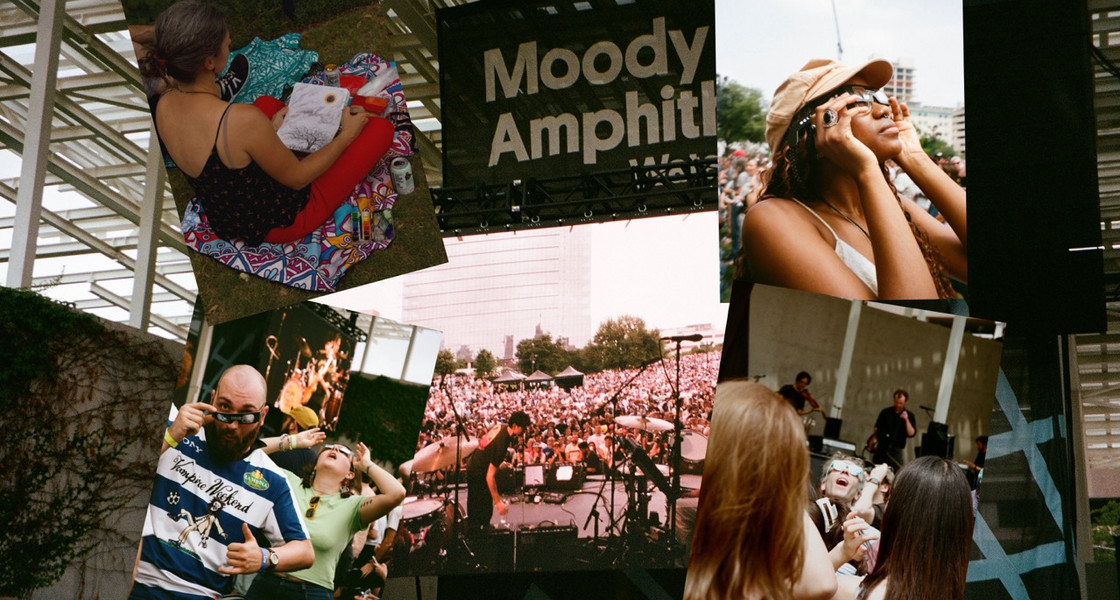
In between newly released songs like “Classical” and “Capricorn”, the boys filled the almost two-hour-long show with old favorites like “Cape Cod Kwassa Kwassa”, “Diane Young” and a genre evolved rendition of “Sunflower” as the crowd danced barefoot feeling the Earth’s energy intertwined with their own and the vibrations from the amps on stage. People stole glances at the imminently darkening sky, artists doodled, friends grabbed onto each other to scream the lyrics in each other’s faces, and onlookers from the highest level of the parking garage across the street cheered on in a symphony of nostalgia and anticipation.
Adding to the layers of the celestial afternoon, the band invited to the stage the likes of Thomas Mars from Phoenix, Dave 1 from Chromeo, and guitarist Brian Robert Jones, inducing further levels of indie revival euphoria.
As the show drew to its close, and the zydeco/country-rock “Cocaine Cowboys” medley fiddled through the air, a conversation could be picked up between two sisters in search of their Lyft driver through closed-off streets,
“I wish this happened more often.”
“Eclipses or shows like this?”
“Both.”
It’s moments like these that remind us of our shared humanity and the power of collective experiences; a gathering of souls under the same sky, sharing the joy of music and a wonder of the stars above. Perhaps it’s the rarity that allowed such transcendence, reverence, and gratitude to be felt. Either way, what a beautiful moment in time it was.
Here are a few shots from the Monday afternoon:
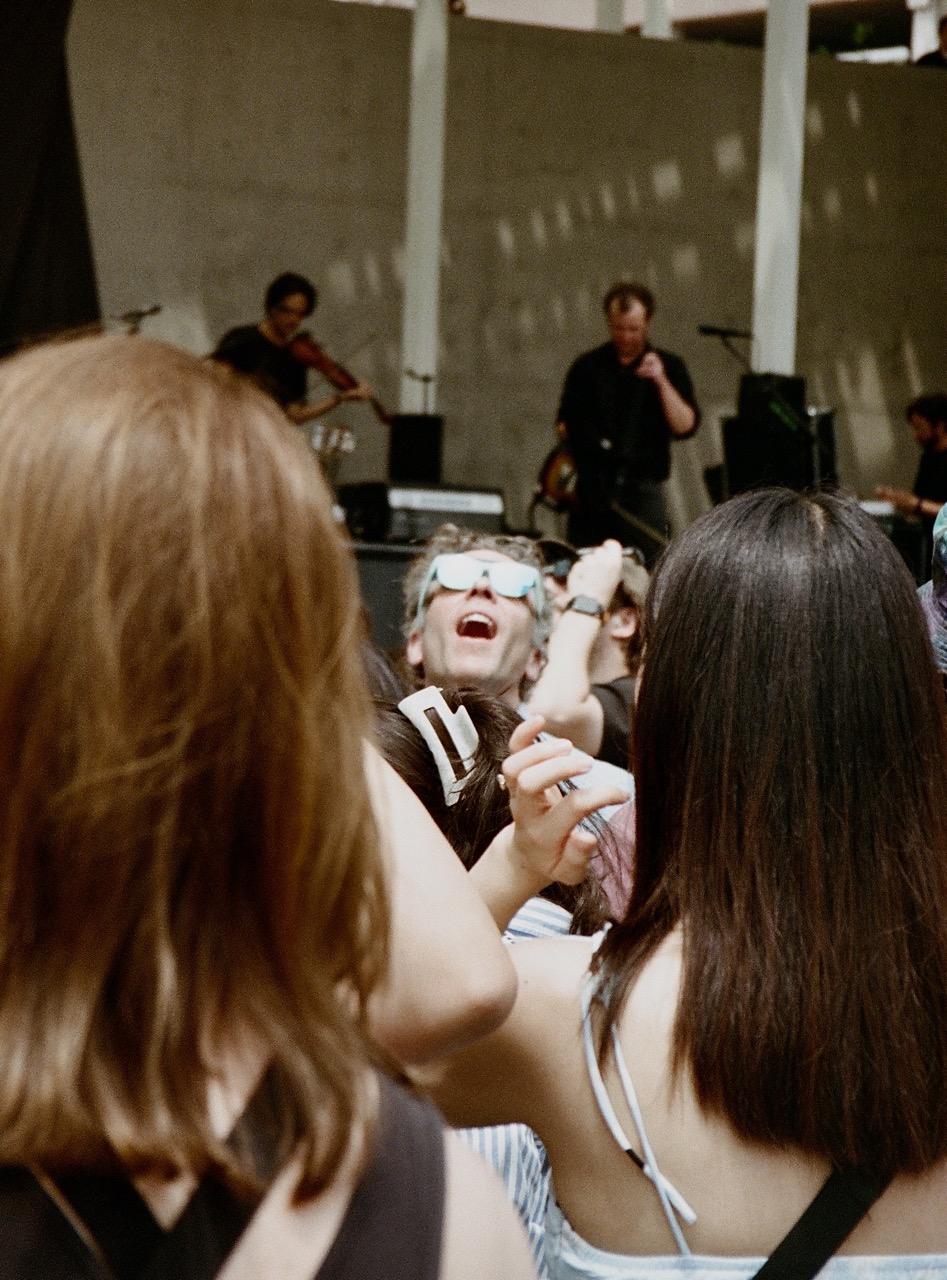
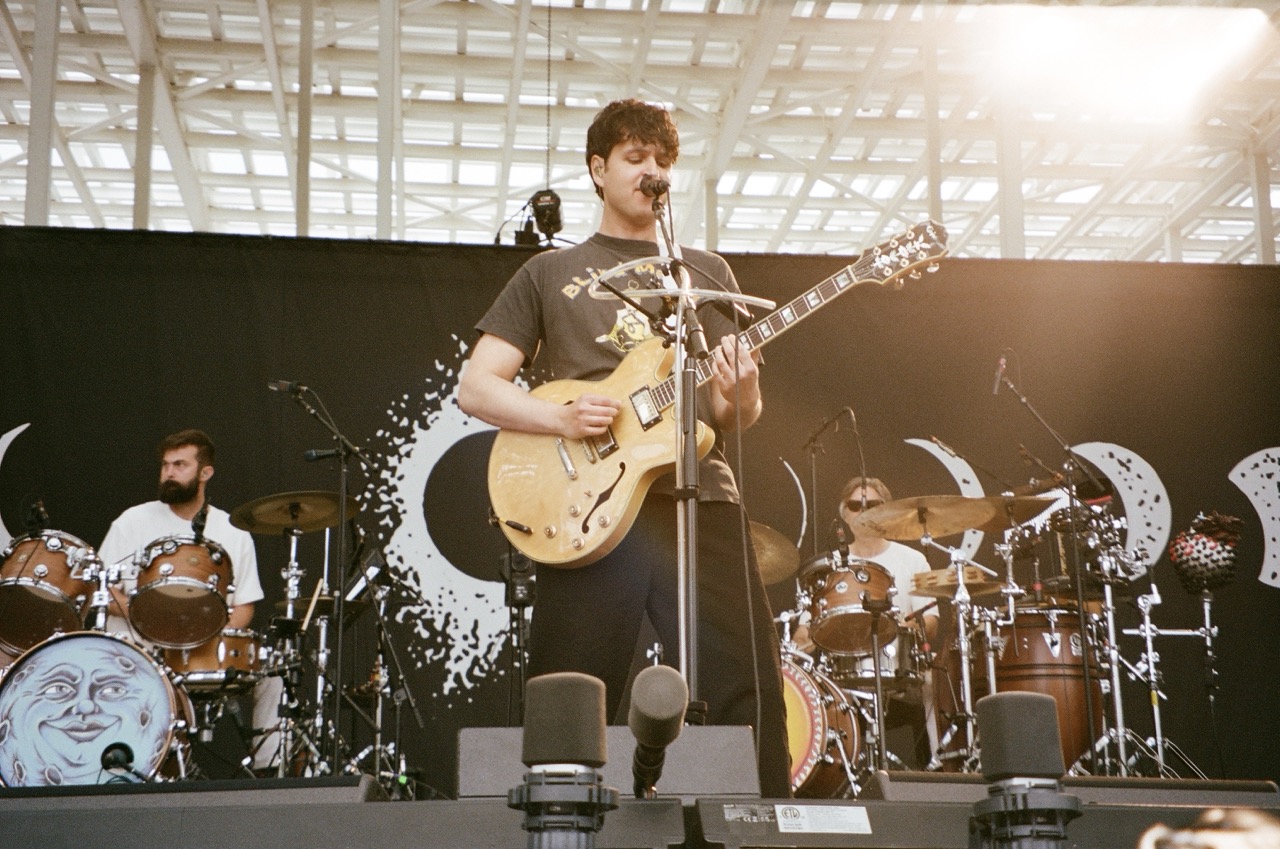
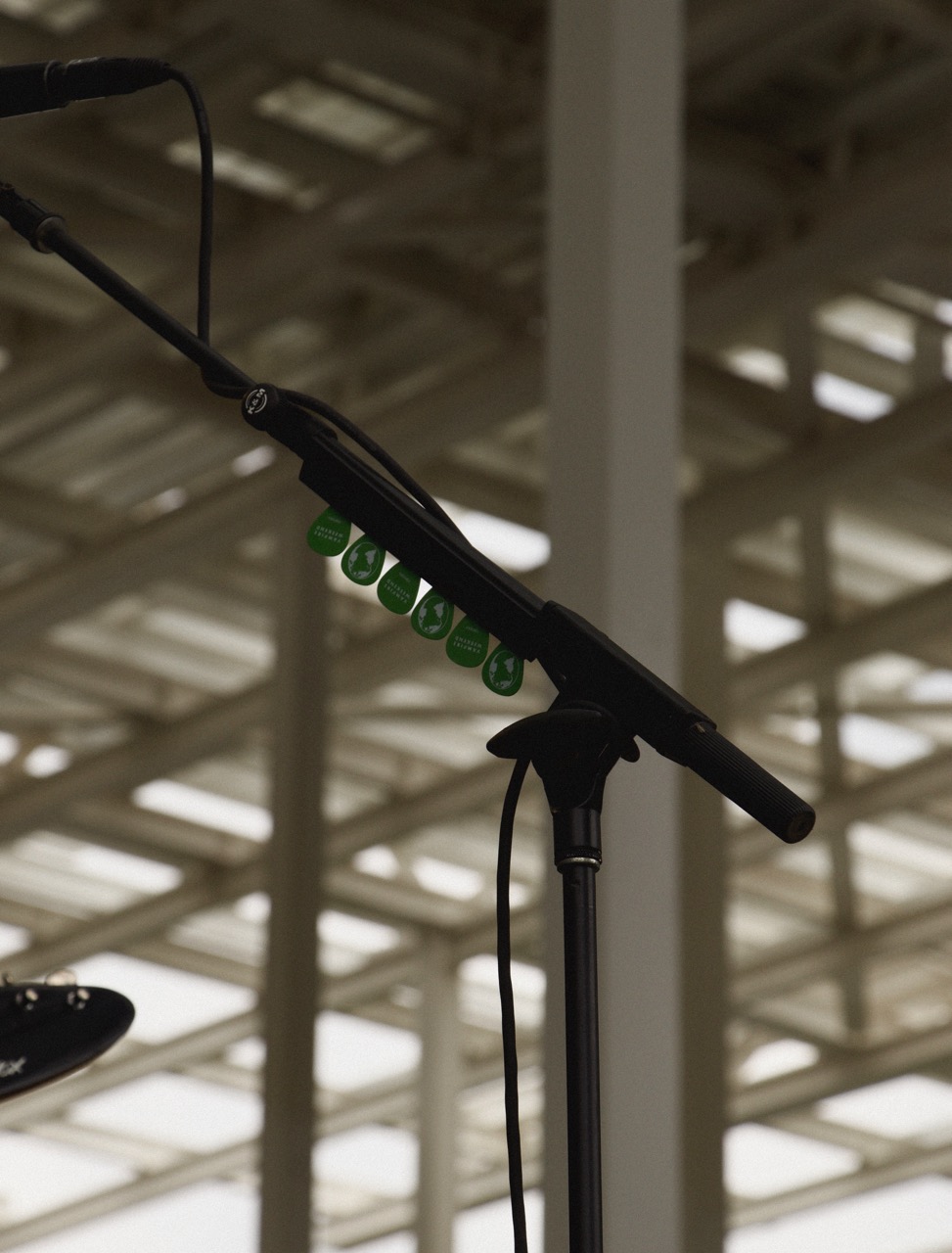
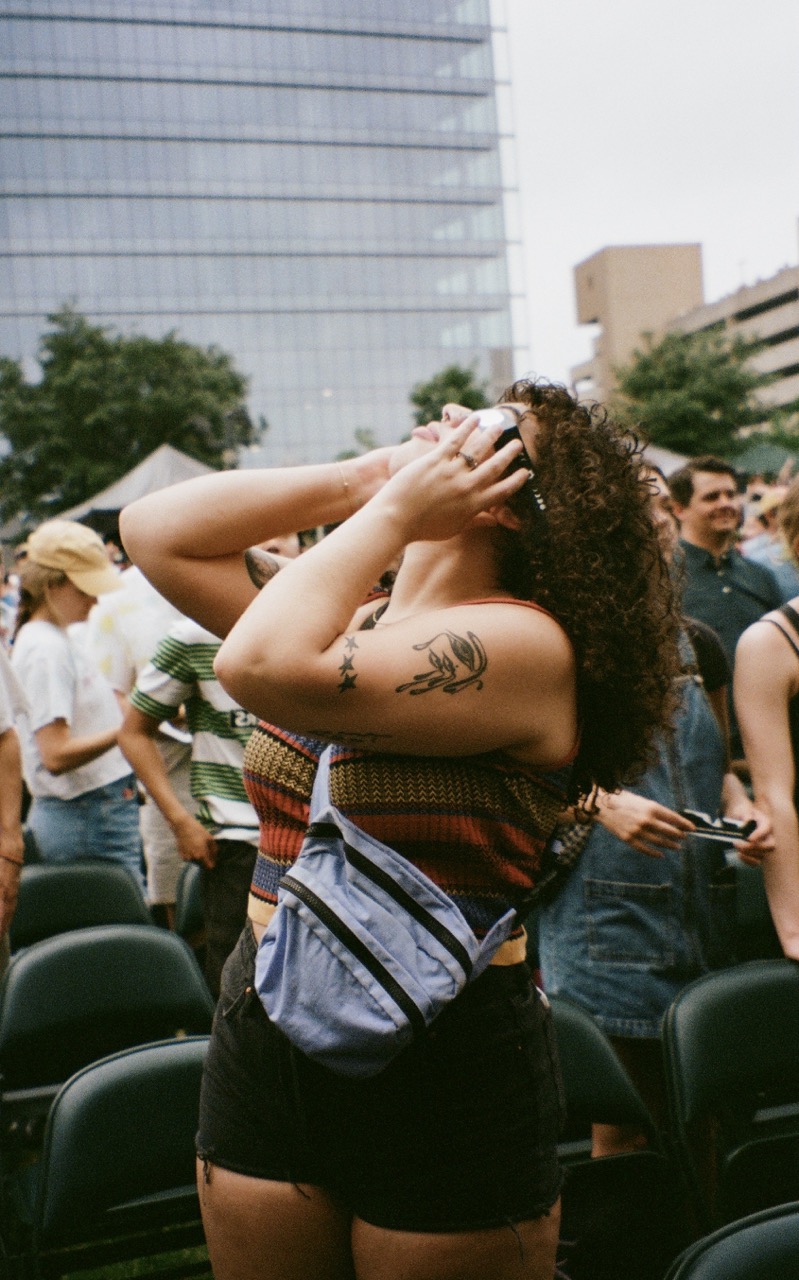
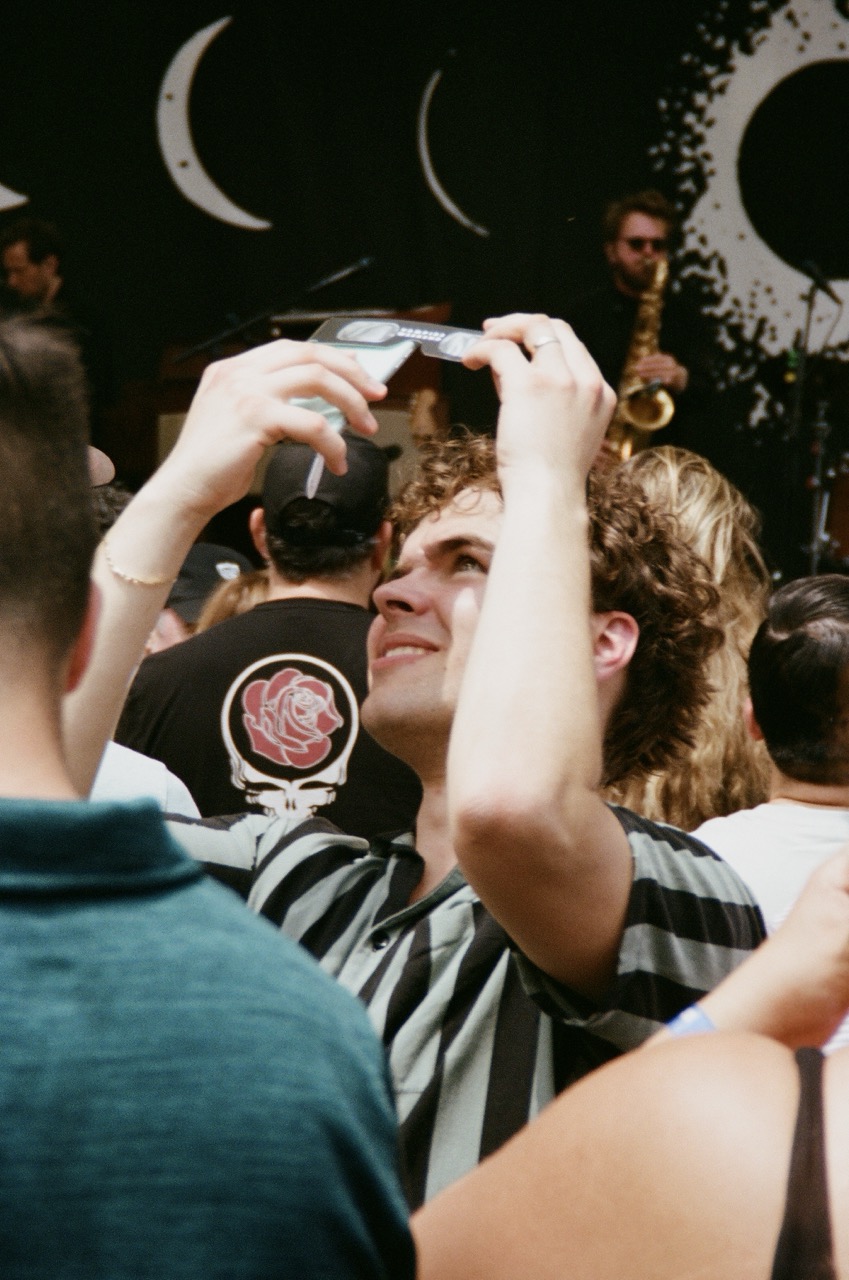
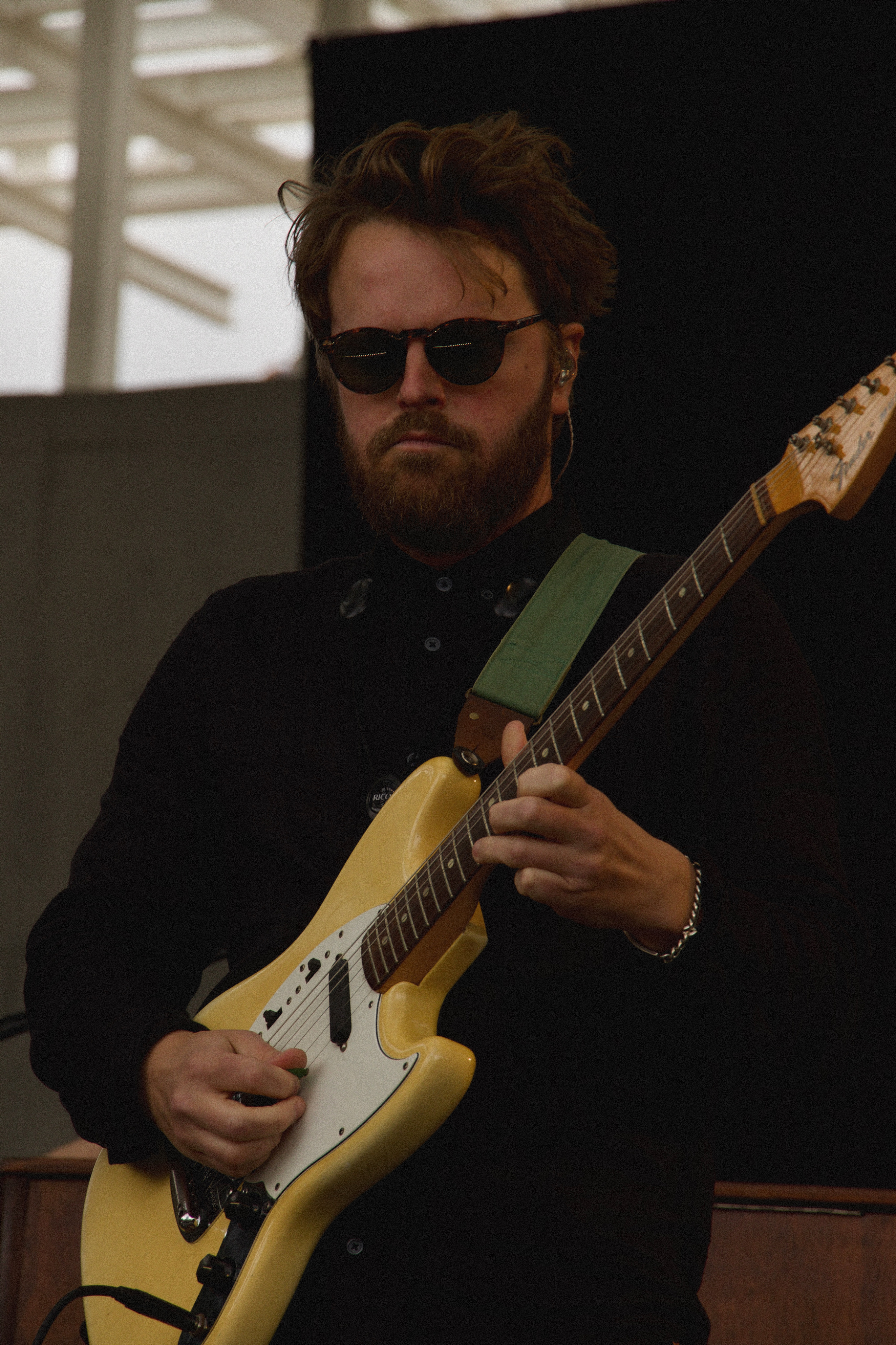
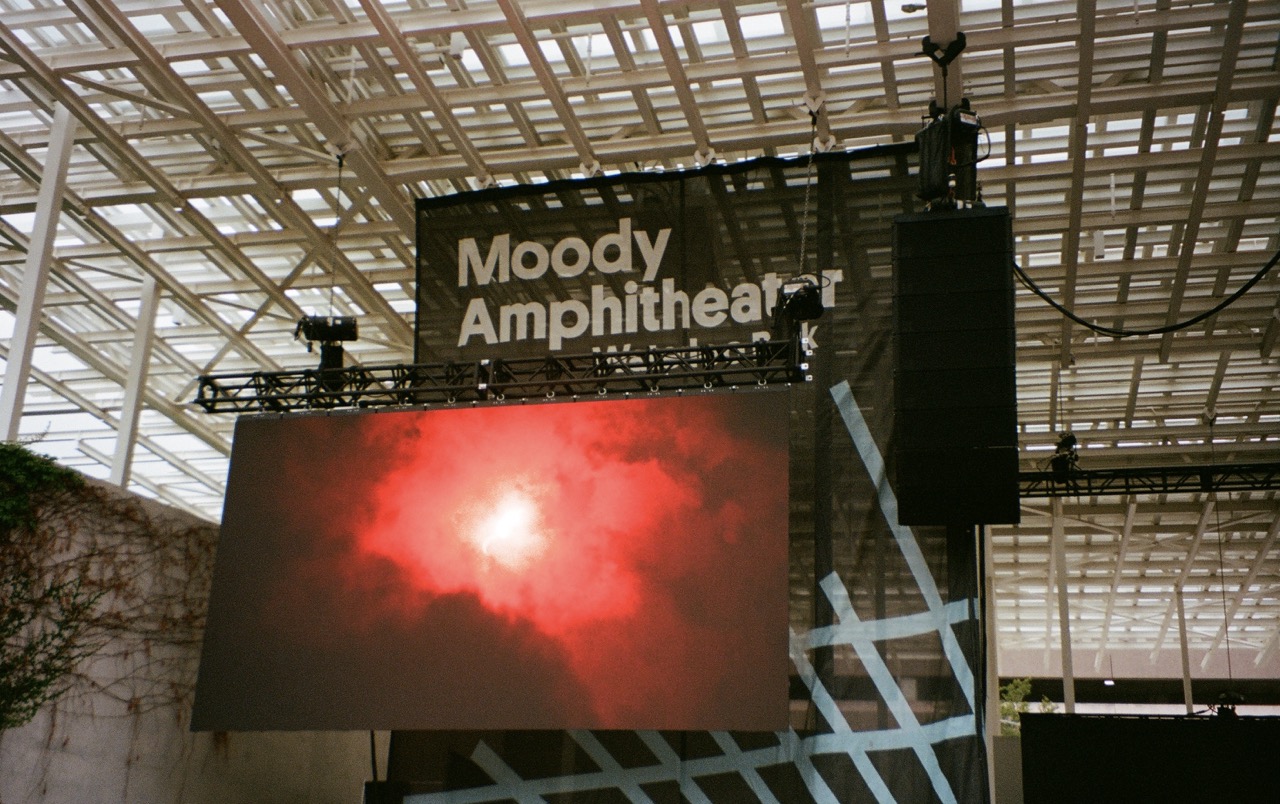
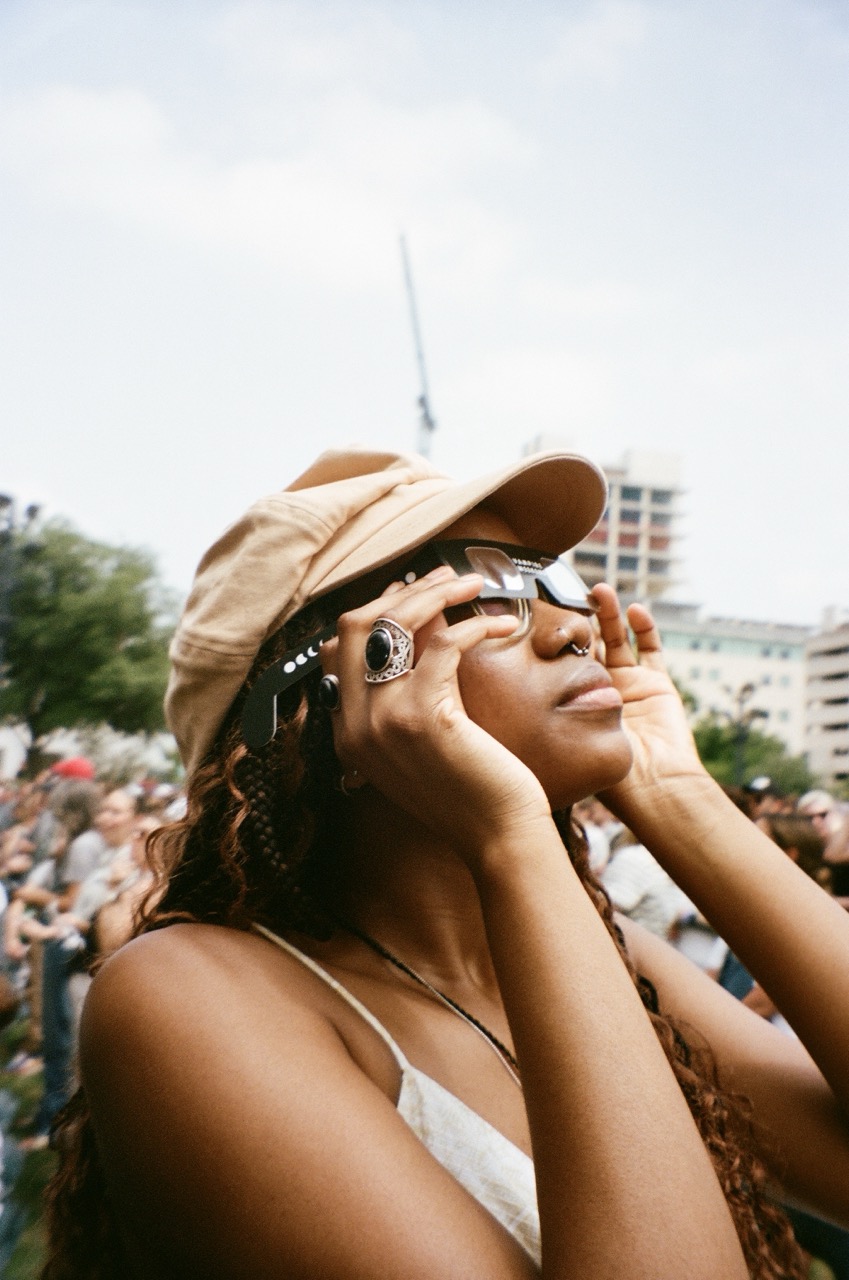
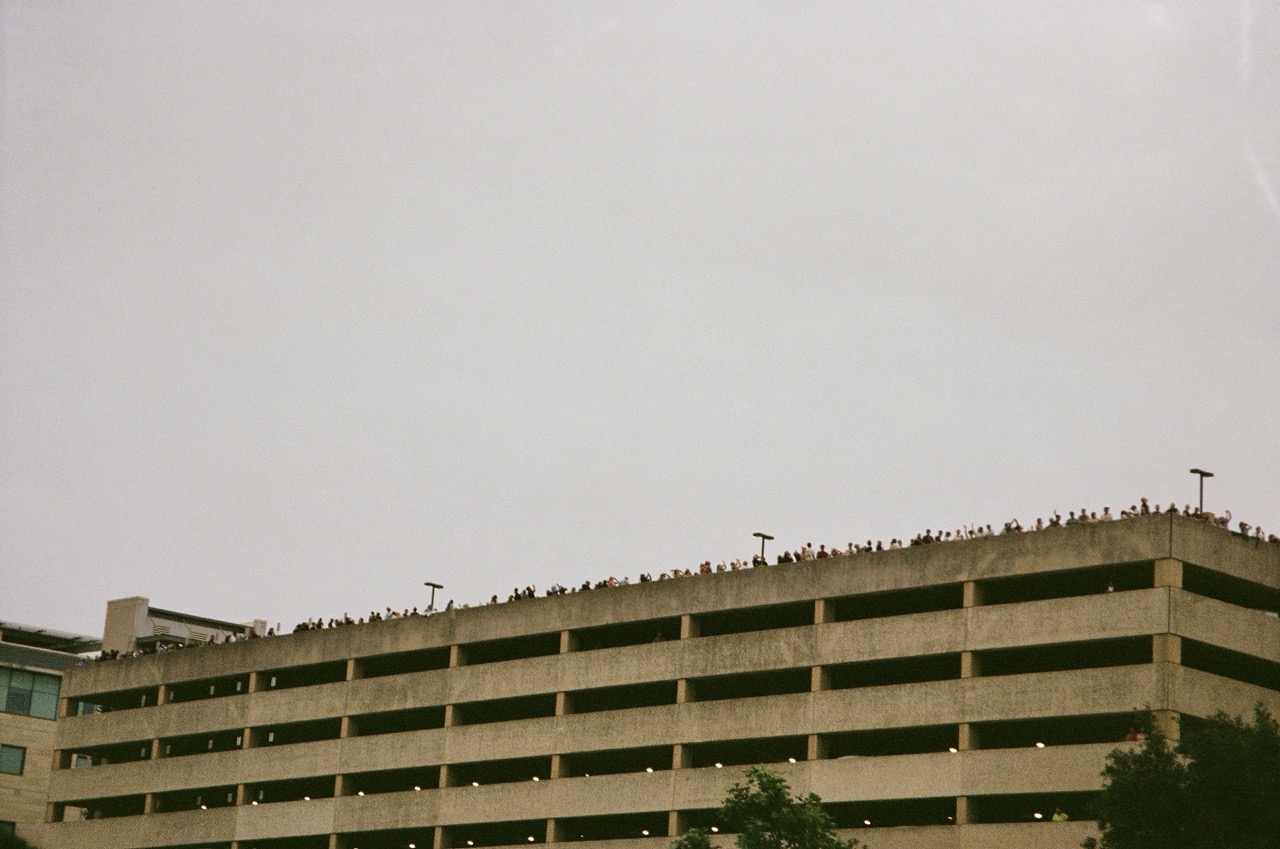
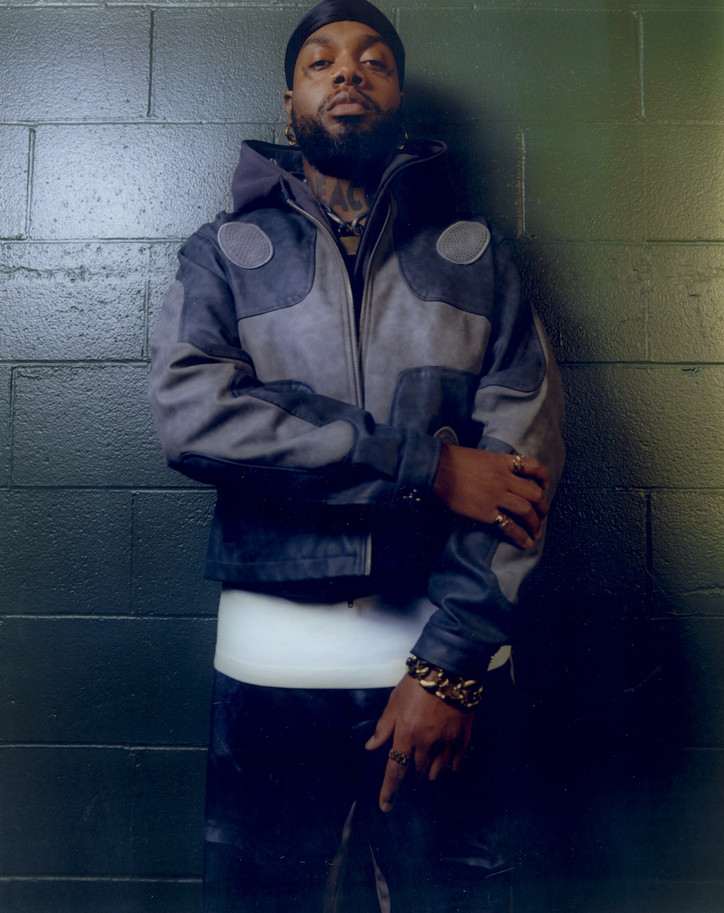
Born in Baltimore and later moving to New York City, serpent's musical influences have always been informed by his surroundings. Whether watching Missy Elliot's music videos at a young age or dancing in clubs in his 20s to the humming of a bird while on a walk, serpent's ear has always been attuned. This sensitivity to his environment is palpable in the projects he meticulously crafts and the sonic worlds he intricately constructs. From his 2016 EP 'Blisters,' an experimental pop and alt-R&B exploration of the queer experience, to his 2018 debut album, 'Soil,' a reinforcement of serpent's falsetto voice and genre-bending style, his latest album, 'Grip,' threads all of his artistic desires. "Within my canon, the story has just got a little bit lower on the body," he notes. "It started more lofty, up in the head, and now it's a bit lower. It feels like a natural succession."
With dance-centric tracks like "Damn Gloves" featuring Ty Dolla $ign and Yanga YaYa to sultry melodies like "Lucky Me," 'Grip' pulsates and simmers, blurring the lines between the dance floor and personal reflection.
When I speak with serpent, it's a week after our shoot. A cold Los Angeles morning backdrops our call, and the multi-dimensional artist and I get right into our conversation. Serpent touches on how his work is all about brevity, the influence of nightlife on his music, his latest project, 'Grip', and how he enjoys every stage of the creative process.
Read the interview below.
How are you?
I’m doing well. How are you?
I’m doing well! Congratulations on your newest project, 'Grip.' You’ve undergone various chapters as an artist, and I wonder if you have to shed bits of yourself to arrive at a new chapter, or do you just build upon each one?
That's a great way to think about it. Perhaps it's a bit of both. It's almost like leaving a trail behind as you get to the new self, but you never discard the trail. The footprints are important, but it's also important to be new.
In this new chapter, you’ve created a more uptempo project, which is a slight departure from past projects, though it is just a building upon. What was the arrival like with this album?
I don't think we ever see a seed and say, “I hope the seed never has colorful leaves.” The potential for something vibrant was always evident to me. When I look at my first EP, someone may describe it as avant-garde, or they may describe it as experimental. But in my opinion, the way that I flirt with the instrumental and the way that I arrange vocals is such an obvious nod to R&B. When I was recording, I was thinking about Faith Evans and Brandy and so many icons that I loved. That expression of what I was thinking about, maybe, is not so evident, but it's there; the seed was there. I always knew that, eventually, the leaves would be colorful.
All of your projects bear vulnerabilities, though this one listens as a meditation on intimacy and this celebration of love, connection, and raw emotions. When creating a song, from writing the lyrics to the production, do you ever hold back how much of the personal you pour out into a project?
I'm always interested in brevity. The older I get, the more I get better at brevity. That's always the goal. How can I pack a punch in four words versus 15? If 15 words are necessary, so be it, but brevity is always the goal.
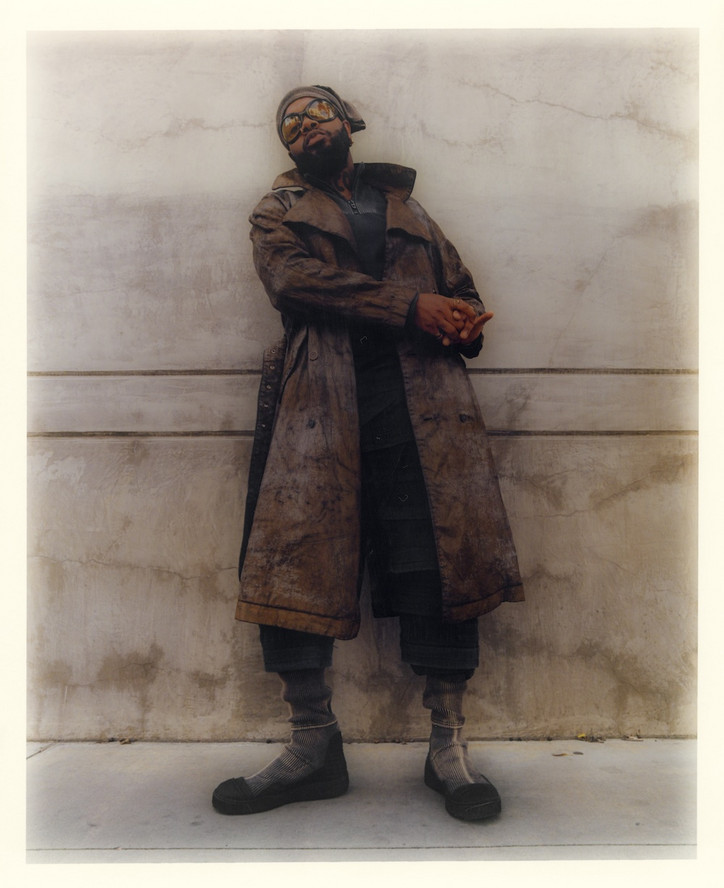
serpentwithfeet wears HAT by DEMOBAZA, SHIRT by DIESEL, COAT by DIESEL, SHORTS by DEMOBAZA, SHOES by DEMOBAZA
That balance is apparent in your craft. With this album, your artistic sensibilities are laced throughout. Still, the narratives you explore are a bit new–a celebration of Black queer intimacy, connection, and hot and sweaty club culture, specifically queer spaces. What inspired the delving into these themes? Did a song or specific experience inform the album?
If we were to try to locate a thread throughout my work, that thread would be the desire, the willingness, the courage, the vulnerability to express that desire, that longing, that yearning. I would say that would be the thread for the first few projects. I centered the heart, the mind, and the spirit. In this new project, I wanted to center the body, and it was time to center the physical. I don't think it was so much “Oh, this is the right time to write work like this” or “ This is the right time to create music with this bpm.” I had the concept in mind for a while, but I was able to pull it together now. Within my canon, the story has just got a little bit lower on the body. It started more lofty, up in the head, and now it's a bit lower. It feels like a natural succession.
When songwriting for this project, was the process similar to past projects, or did you diverge a bit?
I'm always thinking about a concept or working on an idea. I don't think that ever stops. When it comes time to be in the studio, it varies. There's not one way. Sometimes, it's responding to an instrumental, or the instrumental was birthed out of a sensation I want to document. Then the lyrics follow, but there's definitely no one way.
Do you find yourself in social situations writing lyrics or leaving a social situation and recounting through songwriting?
Typically, when I'm having a great time, I enjoy it, and later, I may jot down some ideas, but that's a huge maybe. I have a pretty good memory, so I can recall at least a feeling or one thing that really stuck with me. It could be from a few years ago, and I could still recall it. In my work, especially this album, I'm not trying to write about my life in a literal way. Since I've started making music and sharing it publicly, it's never been autobiographical. It's going to be colored by my perspective, but I tried to push to the edge of the universe and raise the stakes a bit–be a little hyperbolic.
Your beginnings in the church choir to training in classical and opera could have led you down a more traditional path, though you began experimenting with your voice and genre. Did that shift happen in undergrad or after?
Everything that I've learned is still with me and has stayed with me. But then there was also this urge to do my best to find something new within all of this data I had. I graduated college in my 20s, and I just had the urge to make sense of all this information. It's a lifelong pursuit to make sense of this information. I think the beauty and the fun of having a classical background, growing up in church, doing musical theater and jazz, and loving R&B and pop music are that they would expand on different narratives and perspectives that I was familiar with. There were so many different storytelling approaches. What was fun for me was to start to figure out where I fit in all of that and how I could use the melodrama that I witnessed in the classical and operatic world. Or use the tongue-in-cheek humor used in musical theater or the sensuality you find in R&B. And how do you put that all into one thing? I'm still making sense of that.
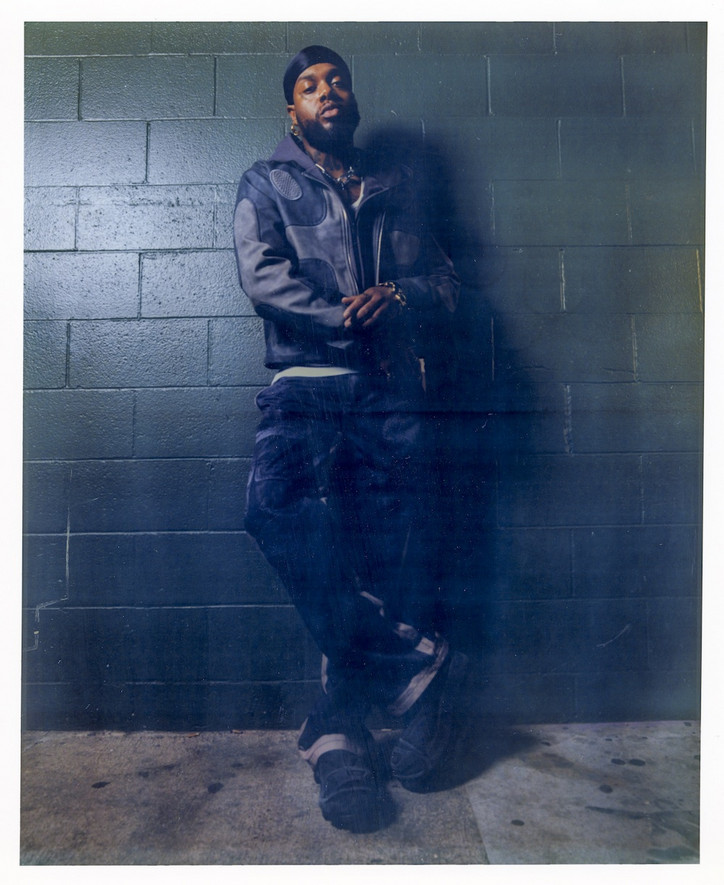
serpentwithfeet wears JACKET by TOMBOGO, HOODIE by DINGYUN ZHANG, PANTS by DIESEL, SHOES by DIESEL
Your 20s are definitely about making sense of all this new information and experience. I want to touch on how this album celebrates queer club culture and the intimacy and connection it cultivates. What was your introduction to nightlife?
After college, I didn't go back home, so I learned a lot about nightlife and clubs while I was in New York. It was a journey. The beautiful thing about a city like New York is it's infinite. There's always something new. I learned a lot about the clubs that played the best music and which parties had the best DJs; it was a fun exploration for sure. There was so much great music. I remember that being a very huge part of my experience, just being amazed about what I heard from the speakers.
New York is on a different level when it comes to nightlife in the states. Are you still someone who goes out or explores those scenes?
Not as much. I got out sometimes. Miami is wonderful, and Atlanta is wonderful. I love to dance, and I love when DJs enjoy making you dance. I really appreciate that. And this idea that everybody is out because they just want to dance.
Have you witnessed a shift in club culture and nightlife since your early days of going out?
It depends on the party, to be honest. Every space is different. Our world is different now than before, and things have just changed a lot. But you can still find parties where people dance and leave sweaty. It's just a matter of finding the right parties, but it's definitely still out there. I'm always looking for the best DJs and the best crowds, and they are always fun to find.
Where does inspiration strike most for you?
I don't mean to sound obnoxious or self-important, but I think the inspiration is always there. I don't think it ever leaves. Sometimes, I deliberately leave my air pods at home and won't take them with me so I can be connected to my environment. So if it’s the sounds of streetcars or the soft song of hummingbirds or if that's hearing people kicking a soccer ball around, I just want to be connected to that. Because I think the inspiration and the questions that want to be answered are always there, but it's easy to be distracted. There are a million ideas that are sort of like, “Oh, wow, I've never thought about that,” or “Oh, maybe I'll write about that.” There’s always something there, but there is the fear of writer's block or the idea of writer's block, and I think that happens when you don't take an inventory of the world around you.
Do you like the process in its totality? Or are you someone who enjoys writing more, production, or finished work?
I love all of it. This album showed me that, especially because we worked on the stage show "Heart of Brick" as well. And the album Grip was the soundtrack for "Heart of Brick." What I really enjoyed was having an idea but then working with people and seeing how that work lives in the rehearsal space, seeing what my choreographer and dramaturg thought and hearing his opinions, or hearing what my director thought or what the set designer thought. Everybody's working hard and overtime to bring these ideas to life. I enjoyed every process from day one of rehearsal, trying to figure out which version of the choreography we would stick with because there are some songs in the stage show where we reworked choreography six different times. I love that process. I think the same about the songs. We worked hard to find the right drums and try different snares, or did we want to have no percussion? I love every stage of the process. I always knew that, but with this album and its stage show, it was evident that I love the process. I also really love collaboration, I love hearing what other people think. Because I'm just me, I can't see what I can't see. So it's really nice to hear and witness other people's brilliance at work. And I've grown so much because of it. And yes, I love the process from beginning to end.
What do you see yourself exploring more of? Would you tap into your roots and work on an opera or with the theater?
I hope to continue expanding, and my branches continue to grow. I hope my leaves get even more colorful. There are many different areas that I want to continue exploring. One of those is theater. I want to explore the stage more, and I want to explore the screen more. I love TV and film. I want to keep expanding for sure.
Your upcoming tour starts in May. Do you approach this one differently than past tours or performances? What’s the process like?
I am going to talk about what I mentioned in the earlier part of the conversation– brevity. Brevity is a goal. With each tour, I am trying to figure out how to distill all that I'm feeling. It’s the same thing with this [tour]. How do I take a lot of the energy from this album to make it clear on stage and concise? But also make it a colorful ride. I enjoy the process of figuring it out.
Your collaborative work continues to be so strong and incredible. What's your process when collaborating with an artist for your project or theirs?
Every artist I've either featured on their work or featured on mine, I respect what they do, and I'm a fan of what they do. When I'm featured on their album, I figure out how to do my best to step into their world, or at least in the world they're creating, and bring some of my perspective to it. Collaborating has been such an important part of my career because I've learned so much. You hear somebody's process or how they can take one idea and give it life on a record–which is not easy to do. To take a concept and then try to make it catchy or relatable. And so, witnessing artists' writing process has taught me so much, and I'm able to take those lessons with me. I'm thankful to have worked with a lot of really skilled, skilled musicians.
"Altadena" is phenmonemal. You and Kelela are a match made in heaven.
Thank you.
Not to do this 180 pivot, but I'm interested to know if there are any Northstars or people who offer advice on navigating love, relationships, self-love, and dating in your life? And how do you take that advice or guidance and translate that into the work?
I wouldn't say there's any one person. I’d say it would be my dynamic community, and some of that community are friends, some are professional peers, some are writers, and the work they've written has been a guide. It's a dynamic situation; I don't think it's just one person.
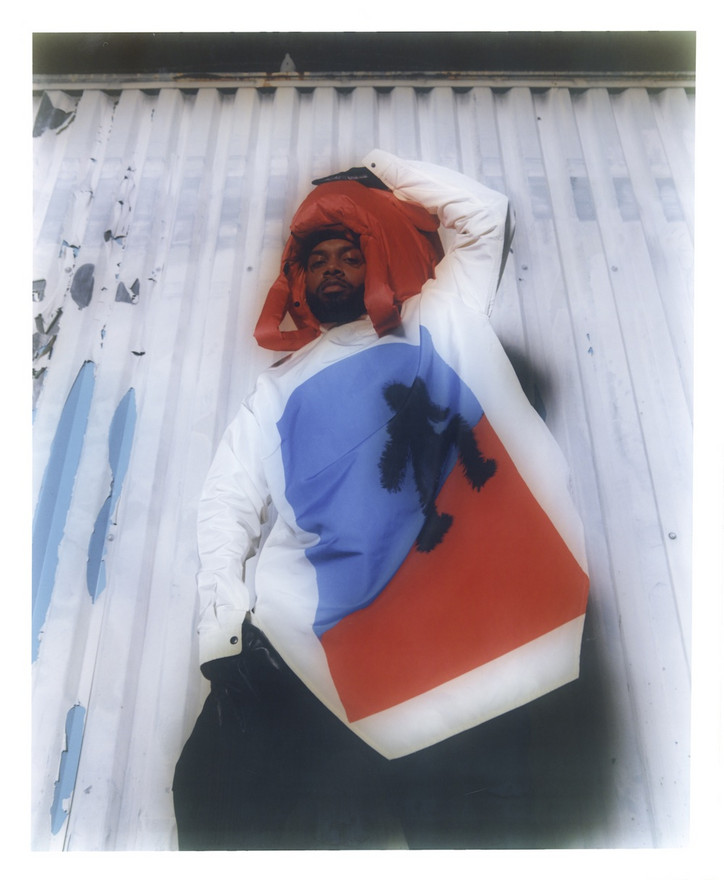
serpentwithfeet wears HAT by DINGYUN ZHANG, SHIRT by MILLI POINT TWO
I reached out to a few supporters of yours and wanted to open this conversation up to them and have them ask you questions.
Jess Callejas - What intentions do you have before moving forward with a new project?
The first thing that I want to challenge myself, maybe that's the first thought.
Ryan Luis Fuller - What are you listening to right now?
That is a great question. Right now, I’m listening to a lot. I'm listening to Brent Faiyaz, 6LACK; Willow’s new music has been incredible. Those have been some of the things I've listened to.
Justin Jackson - Your lyricism and cadence are so spiritual. How do you tap into that when writing and building your arrangements?
Well, thank you. I appreciate that. What I'm after is honesty and trying to get to the center of the feeling. That's the pursuit: how do I get to the center?
Can we expect more theatrical productions from you?
I hope that we're able to do more stuff on the stage. I definitely do hope we can.
Violeta Valdez - Your 2022 performance with björk was life-changing, gorgeous, and so magical! What inspiration or impact does 90s music have on your current art? Are there any artists in particular who have influenced what it is today?
I would say so much about the music from the 90s, and I think it's hard to divorce the music from the music videos. They were so imaginative. I often think about the production, songwriting, and vocal performances of Missy Elliott, Busta Rhymes, and Destiny's Child. Even look at what björk was doing in the 90s. There was so much imagination, so much color. The music videos and the songs are still iconic. There was so much ingenuity in the work. As I create, I'm always trying to challenge myself. I grew up really admiring all the artists that I just mentioned. What they did sartorially, what they did sonically, and the worlds they could create are still mind-blowing.
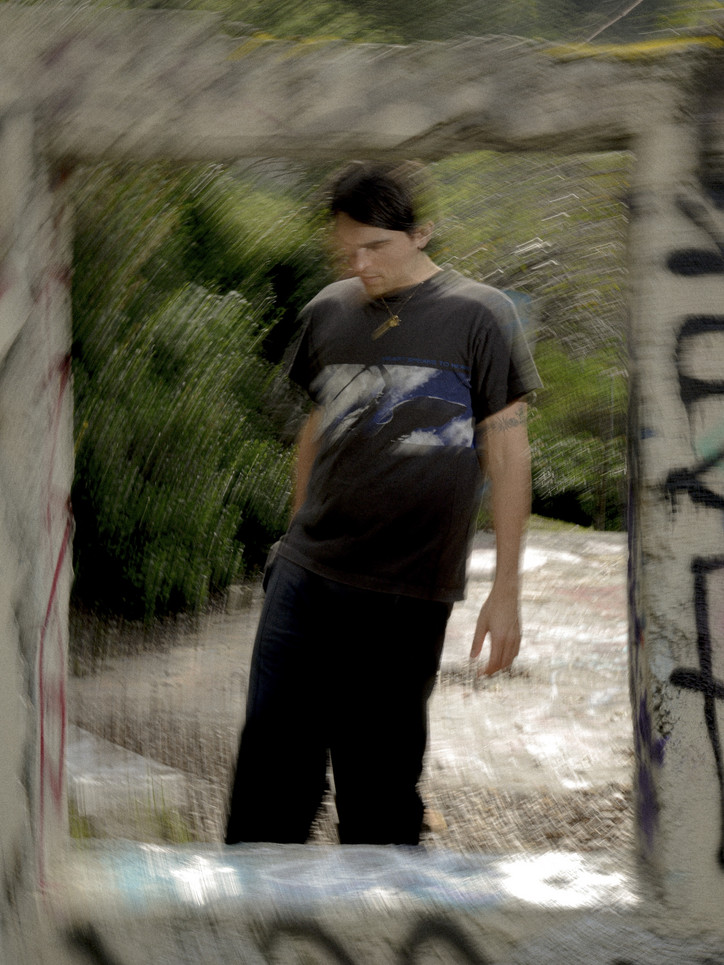
The Road To Hell Is Paved With Good Intentions gives me the feeling of my favorite memory. Which memory exactly, I couldn't tell you, but the feeling is there and that’s more than enough. As the album rolls out, I think a lot of reviews are going to use words like “nostalgic” or “familiar”. These descriptors are, ultimately, personal and up for interpretation by definition, which is exactly what Joseph wants.
“I think it's better to present a question than an answer — it forces someone to have their own opinion about the music and that's great. Whether it's right or wrong, it doesn’t matter.” He follows with, “Having people walk away from any type of art with more questions than answers, strikes up an interesting challenge for me as a creator.”
The Road To Hell Is Paved With Good Intentions is the representation of deep growth for an artist learning how to let go and look in. “This record took a lot of trial and error and waiting to see what would work. I was also interested in seeing if things still affected me after the initial excitement of them,” describes Joseph. He goes on to compare his current self to his past self and how he used to “produce his way out of problems" but isn’t interested in that anymore.
“As an artist, you want to be better at the things you feel like you should be better at. I ended up canning this philosophy and decided to play to my strengths even more. I don’t care about a complicated chord progression so much as I do just trying to capture a feeling as quickly as possible.”
This newfound approach is how songs like "Another 9 Days" and "Halo Flip" were made. Even though the album took about five years to make, Joseph’s favorite bits and pieces were made in a matter of weeks.
It's obvious in talking to Joseph that this free-flow state is something he has, subconsciously or not, been working towards as a musician. Time and letting go have seemed to offer him the space to change his workflow and reflect on himself as an artist.
“You won’t find the answers in a self help book, that’s just coping”, he pauses and after a momentary reflection, chuckles. “It makes me wonder if all I am doing is just coping, not actually dealing with anything. I am sort of projecting it out there and making everyone suffer. In a way, making this album is a way of letting go.”
The locations chosen for The Road To Hell Is Paved With Good Intentions’ music videos, directed by friend and longtime collaborator Joshua Gordon, were made to feel like the dancers were dropped around London, giving a sense that “you may have seen them before.”
As I watched the dancers move together in "Makeshift Tourniquet", I got a sense of watching someone else’s found footage. It reminded me of being a kid and filming myself with friends just because we found an old camera in their parent’s basement. It’s intimate and feels more familiar than you’d expect.
This is a constant feeling and theme throughout the record and in Joseph’s overall work. There is this innate nod to nostalgia, in thinking on how the pieces will live now and how they’ll feel to look at later on.
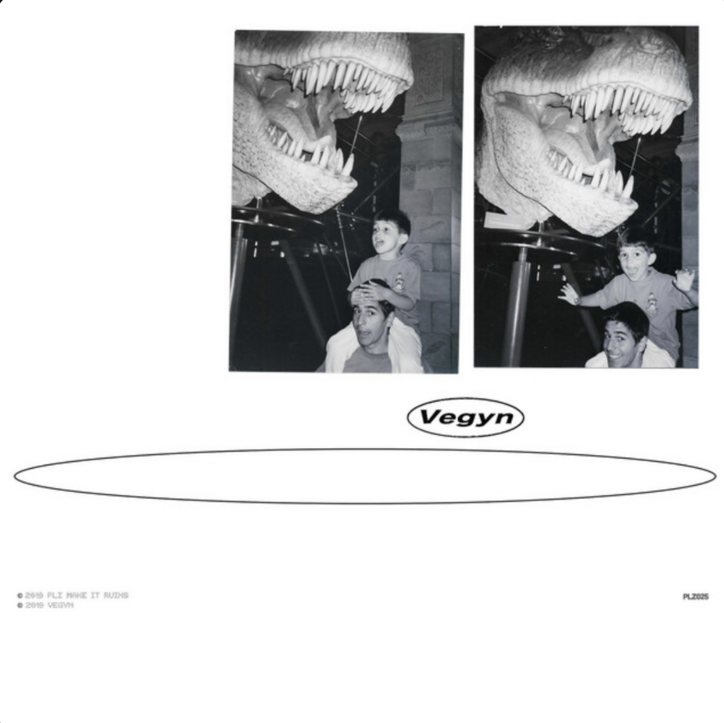
Only Diamonds Cut Diamonds (2019)
In our conversation, he mentions the cover art for Only Diamonds Cut Diamonds. It is a photograph of himself as a kid on his Dad’s shoulders in front of a big dinosaur at the National History Museum in London. This photograph is similar to one we’ve all seen over and over, but Joseph asks, “How many people have this exact photograph with their parents?”
“It's nice to have these shared pictures or experiences because we live in such a hyper-connected society that actually feels devoid of any real connections. This is why I tend to gravitate to things more lighthearted and friendly, even though my music has a lot of sadness.”
That feeling, right in the middle of lighthearted and melancholy, is what Joseph seems to capture best as a musician. The Road To Hell Is Paved With Good Intention achieves connected nostalgia for listeners from all over, who have probably never met and never will. They’ll feel innately nostalgic for different moments, places, or things, but still — we’ll all be experiencing the same nostalgia, wherever we may be.